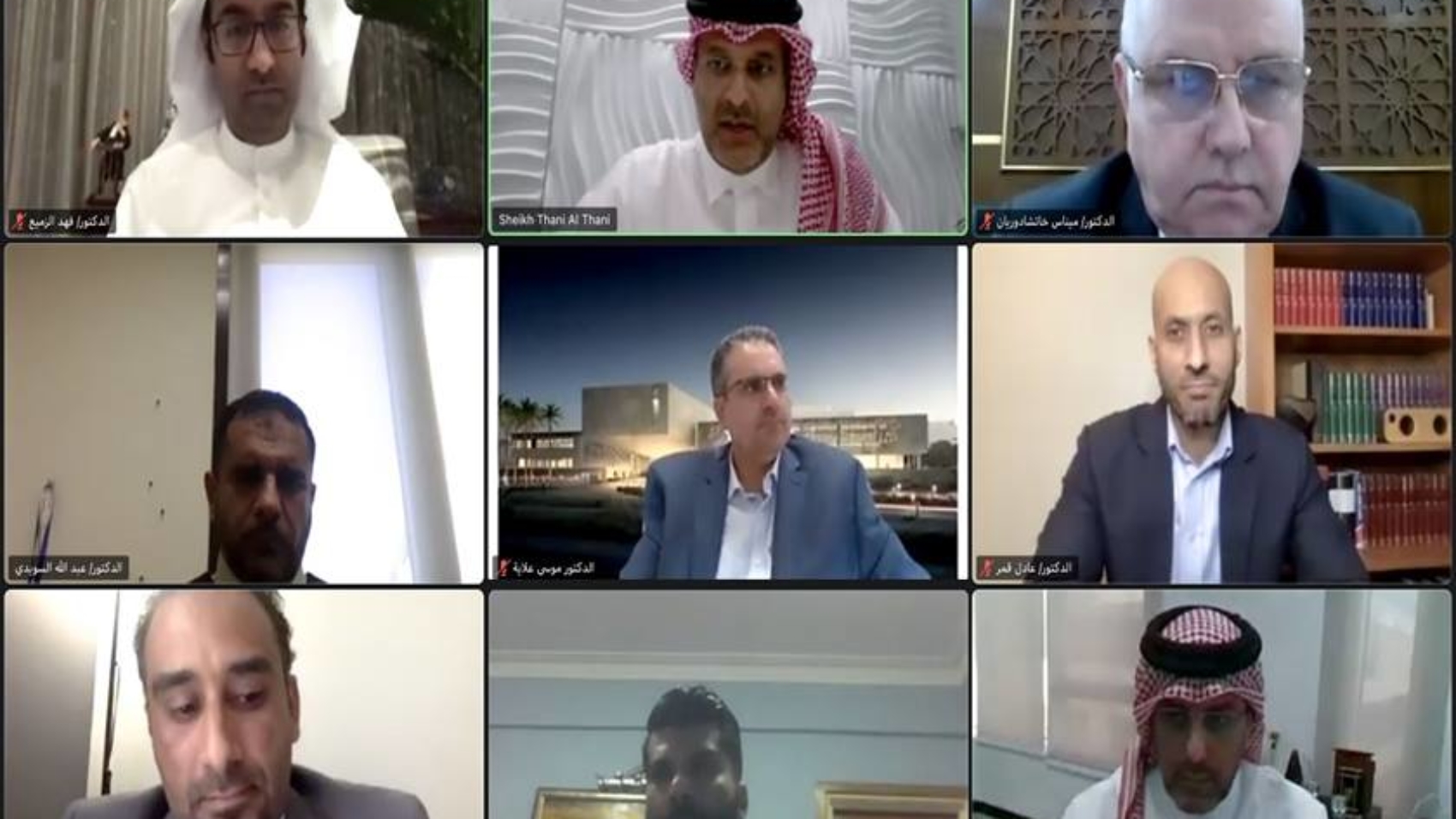Small-medium enterprises (SMEs) are the backbone of the Malaysian economy, accounting for 38.9% of Malaysia’s total GDP in 2019. Furthermore, share of SMEs exports to total exports in 2019 was 17.9% and SMEs employment comprised of 48.4% from Malaysia’s employment (i.e. 7.3 million persons in 2019)
PEMANDU Associates
Driving Transformation
- About Us
- Our Capabilities
Delivering Transformation
Our In-House Tools
- Our Methodology
- Our Results
- Downloads
- Connect

